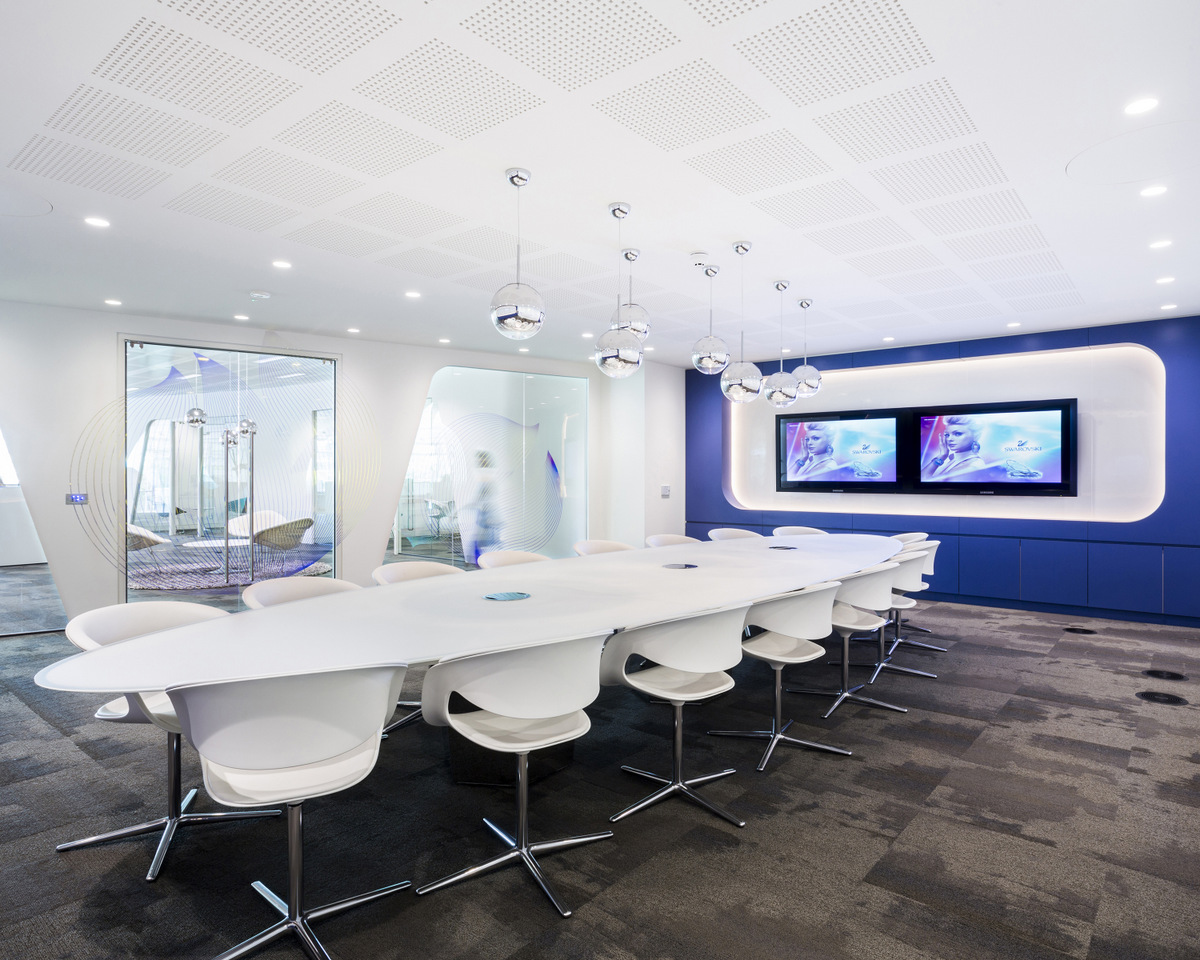In this digital age, our world is getting smaller. We have social media to thank for that. Not only is it changing the way we communicate, it’s changing how and where we work together…co-working.
Co-working spaces are popping up at a rapid rate across the globe. However, the concept of co-working isn’t that new. Coined in 2005, Brad Neuberg created the first co-working space in San Francisco on the concept of working independently yet within a communal space. However, freelancers, independent workers and the self-employed have been utilizing this concept before the dawn of the coffee house! Simply stated, co-working is a way for professionals to work in a space to share ideas, expertise and equipment. It’s working…socially and flexibly!
What has made co-working so popular now? How can that help you with your business?
Co-working spaces have added a new element to workplace culture. Some small businesses and start-ups are electing to use co-working spaces to work directly with their community of local patrons and merchants. Co-working spaces have become a mix between the Town Hall and the local coffee shop with the comforts of the home office. Big and small, co-working spaces become a meeting space to be social, conduct business and get professional development.
Co-working has also gotten a boost from Millennials, those who entered adulthood around 2000. Compared to 32% of adults over 35 working as freelancers, 38% of Millennials are freelancers, according to a recent study by The Freelancers Union and Elance/O-Desk. Their interest to be connected to technology and society, while seeking impactful work to change the word, ties into the “being in the moment” flexible nature that falls outside of the 9-to-5 work grind.
A great piece from AdWeek in 2013 made the recommendation of co-working spaces for social media professionals. These same benefits can be applied to those in the technology sector. In IT, we work with freelancers and consultants in specialty areas. The quality of their work can often be attributed to how they stay organize, perform and work well with others. Co-working provides those opportunities to them, which can be passed onto your business.
Here are some ways that co-working spaces create opportunities for your business:
- Communication: Many co-working spaces offer meeting and conference rooms for their members. It’s a great way to use conference room technology, like wireless presentations, across a secured network with reliable Wi-Fi. You and your consultant or remote employee be engaged, share ideas and work with unified communication tools without barriers of location or time zones.
- Security: Co-working spaces have their own security infrastructure in place, as members share bandwidth and connected wireless equipment (printers, audio/visual, etc.). Therefore, their IT teams work to protect their business, their members and their members’ businesses. This translates to your consultant or employee working in a secured network to protect data for your business.
- Education: Co-working spaces are a place of learning with a number of them offering workshops and professional development sessions. Some even offer discounts to take courses at local educational institutions. If they don’t, there’s still an opportunity to learn from one’s peers working on similar projects or in similar fields.
- Collaboration: Co-working thrives on collaboration. There are opportunities for new ideas to form and information to be shared. New projects can develop and create experiences for future The takeaways can be applied to clients and fellow employees. What can help your employee or consultant may help you in the long run.
- Talent Network: Co-working, being social, can help increase your talent pool. The connections made by your consultant or employee may lead to a future hire for your business. Have a new project that requires a specialist? Referrals from their network can be better than a job post.
These opportunities can help you define your IT infrastructure and organization. Setting up tools, like wireless presentations and unified communication systems, will make it easier for remote team members to connect with you and your projects. By understanding the value of the co-working space, outside of your office, you can begin to appreciate the flexibility of your employees and consultants, no matter where they are.


